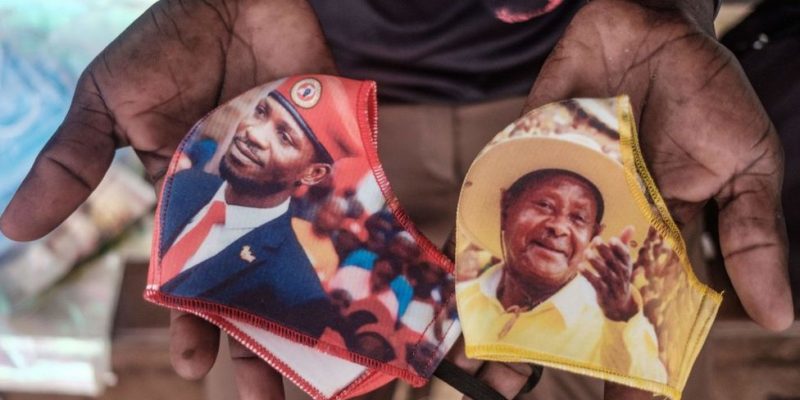The day of reckoning in Uganda is upon us!
As our Western neighbours look to decide on their future leaders today, the political atmosphere around the country is as sour as it can ever be. This is obviously sparked by the presidential elections whose polls have shown to be quite tight over the last few weeks. This is as the challenger, former artiste Robert Kyagulanyi alias Bobi Wine continues to grow in popularity across various parts of Uganda.
However, the Ugandan web is in turmoil at the moment and it’s fair to note that this is all intertwined in some way.
American social network Facebook chose to get involved in the electoral process earlier this week. In a bid to curb any kind of misinformation or hate speech, the firm suspended accounts belonging to some Ugandan government officials.
According to Facebook, these leaders were responsible for manipulating public debates ahead of the election day. Although it’s not clear who exactly these officials were, one of them was President Museveni’s press secretary, Don Wanyama who was accused of trying to influence the election.
Facebook went on to explain that these officials used “fake and duplicate accounts to manage pages, comment on other people’s content, impersonate users, re-share posts in groups to make them appear more popular than they were.”
Unfortunately, this action turned to a sour taste when the incumbent ordered a social media shutdown. The order was directed to all internet service providers (ISPs) operating in the country to lock access to all social and messaging platforms. It then moved gradually to a block of access to app stores on both Android and iOS.
A source located in Kampala spoke to us earlier this week saying, “Facebook access has been revoked. ISPs have also slowed down internet access and some like Airtel, don’t work at all.” The order has since then been condemned by international governments, the UN and social media platforms like Facebook and Twitter.
But just when that seemed enough, it now seems like the whole internet apparently been shut down. According to certain users, it is even impossible to navigate through any site even when using a VPN (Virtual Private Network).
In an era when the internet has proven to be more than just a luxury and actually a necessity, this action has clearly raised the levels of unrest in the country.
Total Internet Ban. Heh. Trying to think of the things that stop working, E-Mails of course, Payments? Mobile Money would be on a local loop I think, but I'm assuming Visa stops, Online Banking, SWIFT, things like Flight Booking, Effectively anything using an app, akina Uber
— igiriwM@ ?? (@Mwirigi) January 13, 2021
In fact, the electoral process in Uganda seems to have been interrupted as well. Various reports have now come out stating that the Biometric voter Verification (BVV) kits, that actually rely on the internet, have stopped working. This has forced various polling stations across the country to pause the process, leaving queues of voters to get longer and longer by the hour.
Majority of reports of failing BVV (Biometric Voter Verification) kits that are used to identify voters. The machines rely on internet that is now blocked. Lines are growing longer at polling stations #UgandaDecides2021
— Mujuni Raymond (@qataharraymond) January 14, 2021
As it stands, it is not well for a day that many citizens of the country probably anticipated to practice their democratic right. What this sequence of events is likely to cause is more anxiety not just today but as long as the internet remains out of reach for the people in the country. This is mainly because many will most likely not be able to vote and others will not be able to access information around the process.
So, it is definitely a lose-lose situation at the moment.






Comments